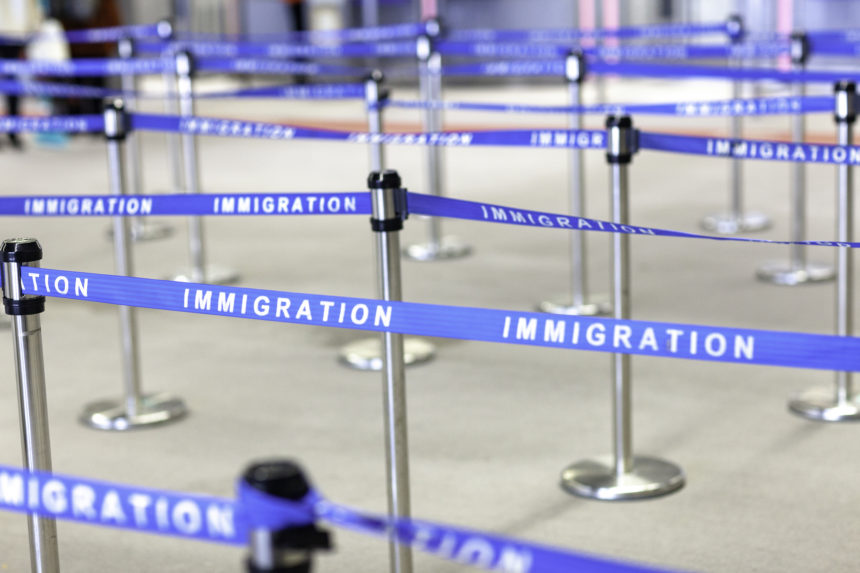
Proposed legislation creating a new visa classification is being eyed as one option to address the workforce shortages continuing to plague the senior living industry.
Rep. Lloyd Smucker (R-PA) re-introduced the Workforce for an Expanding Economy Act (HR 4288) June 30 to develop a new H-2C visa classification for nonseasonal, nonagricultural work that does not require a college degree.
The new program is meant to ensure that legal, foreign-born essential workers can enter the country temporarily to help employers address chronic workforce shortages in long-term care as well as in the construction, retail and hospitality fields.
The legislation first was introduced in 2018 to create a new visa category for some entry-level workers hired as caregivers, dining service and maintenance workers in senior living communities.
American Seniors Housing Association President David Schless said the organization continues to advocate for “reasonable and bipartisan immigration reforms that will address the workforce needs of our industry.” HR 4288, he said, reflects those goals.
“HR 4288 would allow for senior living operators to hire foreign workers based on economic demand,” Schless said. “Currently, there is no year-round temporary visa available to the senior living industry for less-skilled workers as there is for other sectors, such as agriculture, tourism and child care.”
Schless said the legislation offers a “much-needed solution” to better serve the growing population of older adults in the United States, including the 10,000 baby boomers who turn 65 every day. Addressing workforce issues is a policy priority for ASHA as well as other industry associations.
The proposed legislation also is supported by the Essential Worker Immigration Coalition, which in addition to ASHA counts among its members the American Health Care Association / National Center for Assisted Living.




